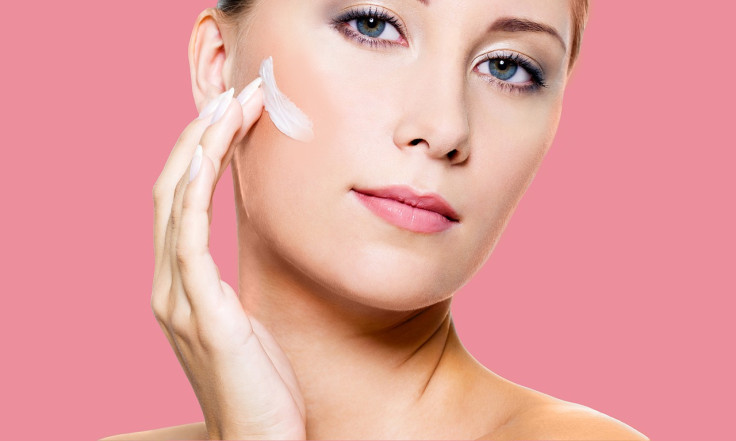What Is Skin Flooding? Here's What An Expert Says About The Extreme Hydration Technique

Hydration is something all dermatologists recommend for achieving smoother and softer skin. But, have you heard of skin flooding? Basically, it's an extreme hydration technique that promises an instant, radiant boost to the skin by layering multiple skincare products.
Like many TikTok skincare trends, if you are unsure about trying skin flooding, know what a dermatologist thinks about it.
"Skin flooding or skin drenching is a commonly recommended technique for layering hydrating products on the face to boost the skin's moisture levels. Most people perform this at night and the typical steps include gently cleansing skin, followed by application of a hydrating serum such as one containing hyaluronic acid to damp skin, and finishing with a layer of emollient lotion or cream," Dr. Eva Parker, assistant professor of dermatology at Vanderbilt University Medical Center in Nashville, Tennessee, told Medical Daily.
Does it work for all skin types?
The technique of skin flooding can vary based on the type of skin and the moisture requirement. Although skin flooding is suitable for all skin types, the technique is best suited for those with dull, dry or aging skin, Dr. Parker said.
One thing people should keep in mind is that the products chosen for hydration should be the ones that work best for them.
"Not everyone will require the level of hydration offered by flooding and may achieve adequate moisture levels in the skin by simply applying a lightweight facial moisturizer. For individuals with acne-prone/oily skin, choosing products that are non-comedogenic and oil-free is best to reduce the risk of breakouts," Dr. Parker explained.
What are the benefits and risks?
"The benefits of flooding include improved hydration, which plumps the skin and minimizes the appearance of fine lines, lending a dewy appearance," Dr. Parker said.
For people with sensitive skin, any new skincare product or routine needs to be tested for tolerance. Skin flooding may be risky for people with oily or acne-prone skin.
"In those with oily or acne-prone skin, excessive hydration from skin flooding may lead to increased breakouts and clogged pores. Anyone with very sensitive skin should test any new skin care products to the bend of their elbow for one to two weeks to assess for tolerance before applying to the face," Dr. Parker cautioned.
To improve moisturization and keep the skin healthy, Dr. Parker recommends following certain simple steps:
- Stay well hydrated
- Use a gentle cleanser
- Avoid scrubbing and exfoliation - they can strip and irritate your skin
- Apply products on damp skin to lock in moisture
- Minimize sun exposure - use a broad-brimmed hat and sunscreen. Sun damage can lead to dry and dull skin.



























